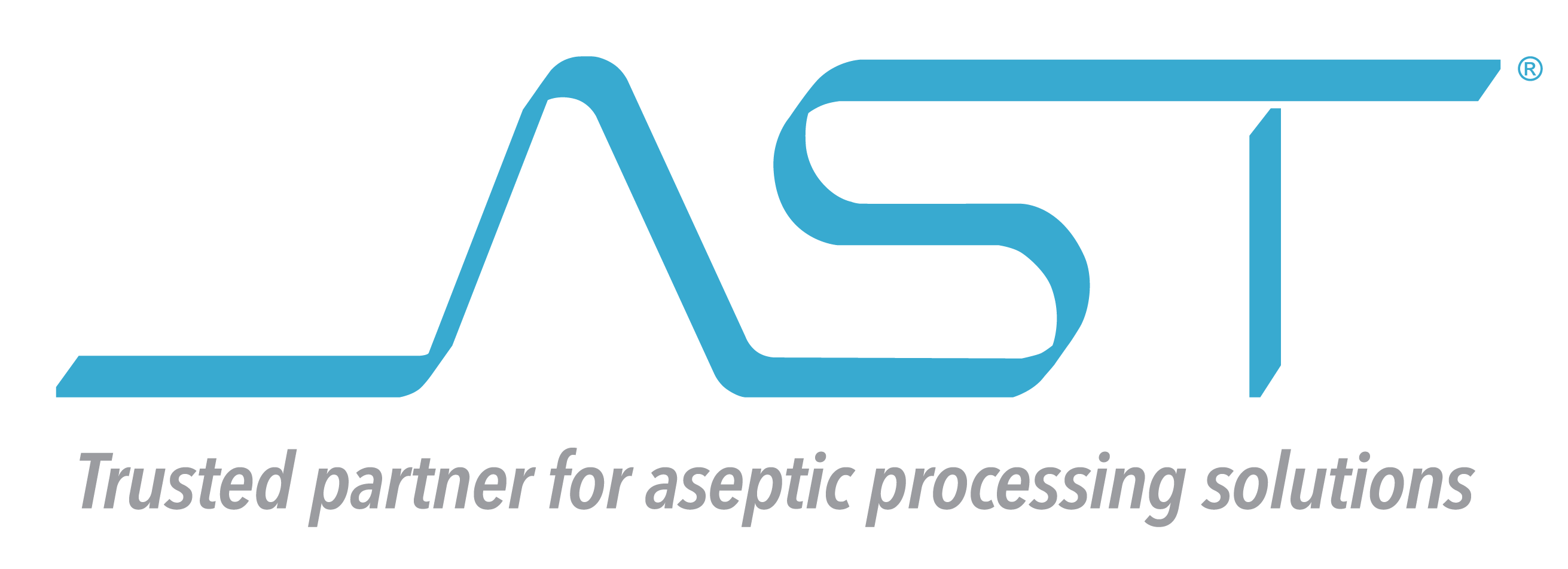Preparing for the Small Batch Revolution: Identifying Successful Biopharmaceutical Partnerships

Small-batch manufacturing of liquid pharmaceuticals is slated for exponential growth in the coming years and represents exciting possibilities for the future of medicine and personalized healthcare. Whether biologics, biosimilars, or orphan drugs developed in the fight against rare diseases, technology is providing solutions for the manufacturing challenges traditionally associated with small-batch aseptic processing and consequently making these vital treatments available to more and more patients by the year. With developments like the exceptional growth of the ATMP market, small-batch manufacturing is no longer an outlier but a primary attribute in the biopharmaceutical industry.
For small-batch production, it’s crucial to collaborate with industry partners who are dedicated to solving the challenges you face. Identifying a team whose equipment is purpose-built for your challenges and who understands bottom-line differentiators that will drive operational success is key. Initial conversations should include questions from your potential vendor about your existing capacity and resources, as well as your manufacturing and product needs. An aseptic fill-finish partner should understand all aspects of your long-term goals and help determine which parts of your process should be automated in order to meet them. Some pertinent questions may include:
- What type of products are you working with?
- What size batches will you need to meet clinical demand?
- Do you have a facility already available, or will you be building one?
- What type of containers will you be using?
- What is your timeline?
- What is your scale-up strategy?
- What phase of manufacturing are you in?
- What markets are you targeting?
Operational Considerations:
As high-value, small-batch products continue to gain momentum, regulations around those products continue to mature and standardize. Advanced barrier interventions, such as isolators and RAB systems that prohibit the operator from intervening via open doors, can be strengthened and augmented by robotics, which can reduce human interference during setup and production, and provide low-risk automated settings for environmental monitoring. Many cGMP regulations are being updated with an eye towards automation, as the superior sterility and safety benefits of robotic fill-finish operations are clear.
With process development, formulation experts and engineers must work together to mitigate any potential risks that could complicate a product’s transition from bench to commercial distribution. Companies often utilize smaller batches to explore potential strategies, and plan for the capabilities and capacity needed to manufacture that product successfully with minimal waste. In many cases, small batches still go through sampling and testing processes that require the consumption of material. Making sure small batch systems offer flexibility to adjust to any process changes and packaging materials while achieving a high yield to navigate yield loss via quality sampling, etc., is crucial to maintaining the highest degree of future agility.
Additionally, automated solutions can record and document data during process development steps, as well as create electronic batch records (EBRs) during production runs. These features allow you to better understand the critical quality attributes of your product and analyze different variations that can help dial in the process as well as meet the data integrity requirements needed to bring a product to market successfully. When a batch is initiated, the system will automatically follow the specified recipe and ensure those parameters are used, and the EBR will document that the set process is followed. The information that is captured documents that manufacturing has followed approved and validated process steps.
When adding automation to your operations, finding the right balance between equipment, cost, and space is essential. An optimized aseptic fill-finish system should ensure high yield, repeatability of process, quality of product, and reliability of systems.
Finding A Flexible Fill-Finish Specialist
On the whole, flexibility across an entire fill-finish operation is a major benefit of automation and robotics during small-batch production. Parenteral drug developers face high pressure to get their products to market quickly. If the decision to invest in automation is put off until a process is fully understood, it will likely result in a significant delay in product distribution. In ATMP development, for example, as more information about new therapy is collected and analyzed, the requirements to manufacture that product may change, even well into clinical trials. It’s imperative to have equipment that can adjust to these changes, which often occur in later stages of development, where costs and risks are higher, and to have a fill-finish partner that both understands and can help you overcome these technical and strategic challenges.
Robotics and automation are becoming commonplace in manufacturing operations where there is an increased focus on reliability, precision, and process optimization. The flexibility that automation offers can help customers achieve increased speed to market and replace manual processing—which is laborious, prone to error, and high-risk—with technologies that can execute reliable and repeatable process steps that promote rigorous sterility standards. As the pharmaceutical industry continues to evolve, small-batch production will serve a critical role in the future of modern medicine. Ensuring you have the right aseptic processing solutions will be a critical factor in remaining competitive in this constantly changing market.
Learn how AST can help your organization prepare for the small batch revolution with our industry-leading aseptic manufacturing solutions – Contact our experts today!

